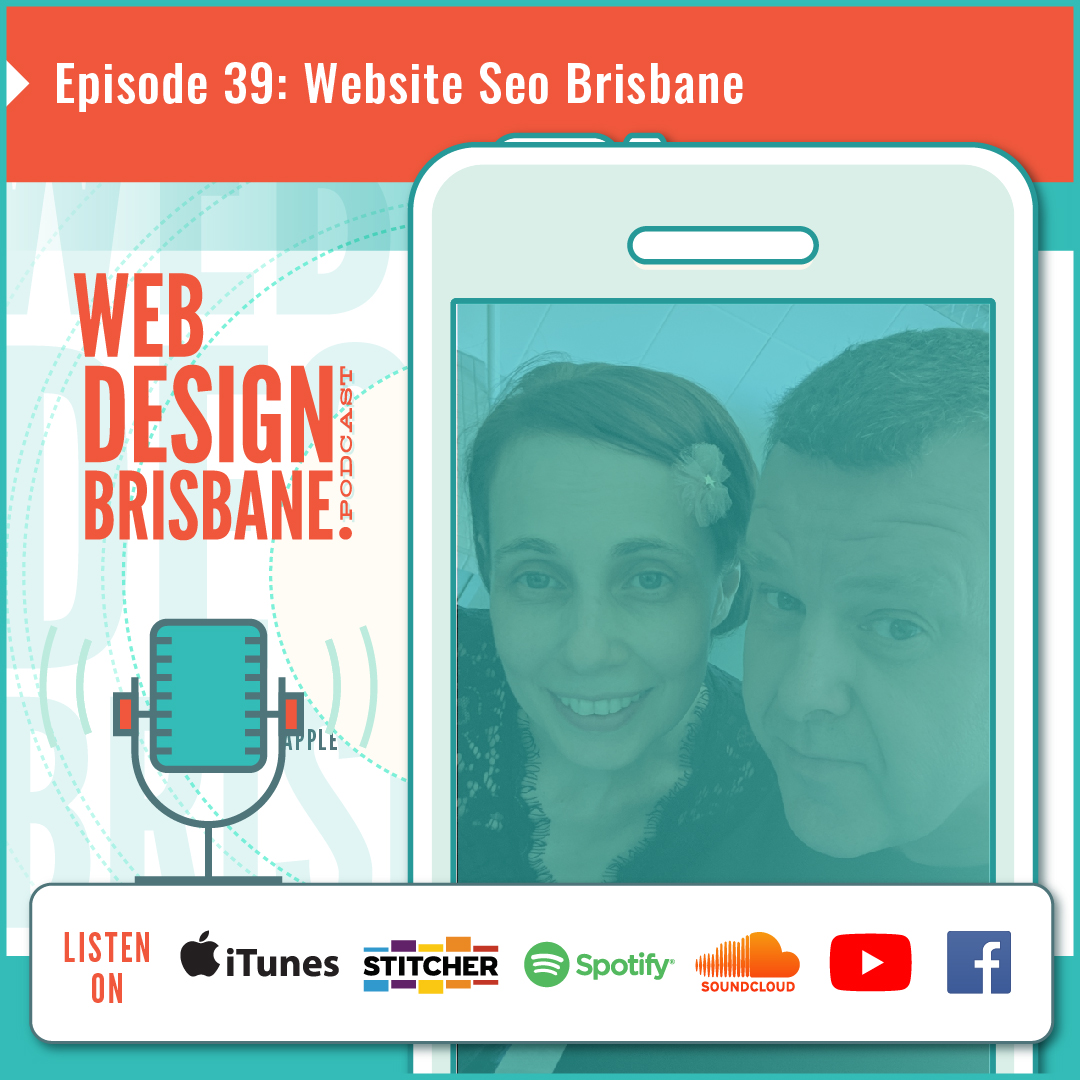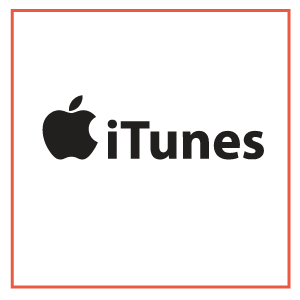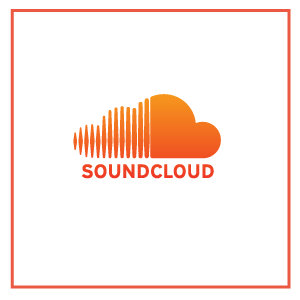Episode 39: Website SEO Brisbane
Starting a New Website? - Learn more about Web Design Brisbane here
ALSO LISTEN ON
READ THE TRANSCRIPT OF EPISODE 39 BELOW
[00:00:00] Saul: Hi everybody, and welcome to the Web Design Brisbane Podcast. This is episode number 39. And today's episode is entitled Website SEO Brisbane. My name is Saul Edmonds, and as usual, I'm joined by the lovely Gillian Smith.
[00:00:13] Gillian: Good morning, Saul and hello, everybody.
[00:00:15] Saul: Hello. We are the co-founders and creative directors of Roundhouse, the creative agency, a local business with a passion for helping our clients grow. Over to you, Gill.
[00:00:24] Gillian: Thanks very much, Saul. Well, today, we'll be talking about website SEO, and of course, that is website search engine optimization, and we have some simple tips on how you can improve your website performance. Our goal is to help small business owners’ start-ups and entrepreneurs in the city of Brisbane, Australia, take their opportunities to the next level with brilliant website design. If you're from another city, or location. Welcome. Thanks for joining us today and we hope that we can help you grow your business in the online space.
[00:00:55] Saul: So what today's topics Gill?
[00:00:57] Gillian: Well, today soul, it's all about website SEO. Now, Saul, you may be wondering, what are some simple and affordable ways that you can use to optimize your website for SEO performance to drive more traffic and win more leads?
[00:01:13] Saul: Okay, so do tell us. Let's get started.
[00:01:14] Gillian: Okay, well, SEO starts with keywords. Saul, can you please tell me what are keywords? What are some simple ways to nail down the very best keywords for your business?
[00:01:26] Saul: Okay, I will tell you what keywords are. Thank you for asking. Keywords are pretty much what the term says the words and then terms that within the actual content on page, like on the pages within your website, but also hidden from public view as well, inside the code of your website.
[00:01:54] Gillian: But in a nutshell, a key word is what your customer is a search term that your customer in typical,
[00:02:00] Saul: Yeah, or a combination of these. An example might be website design, Brisbane, simple, which is three words so what Google is really doing is it's trying to match a person search with good results for that person, and trying to find using an algorithm and keywords are one part of that to be able to find the right sort of match in the right way.
[00:02:36] Gillian: So what are some tools that people can use to really nail down those keywords that will work for them?
[00:02:43] Saul: So you can use Google Analytics is one starting point and Google Webmaster Tools
[00:02:50] Gillian: that's free?
[00:02:50] Saul: Yeah. So they're free services that your website and designer or individuals can integrate into their website in order to attract the sort of traffic and information, including what those keywords are that people are actually searching for.
[00:03:11] Gillian: And the tool that I use is SEMrush.
[00:03:14] Saul: Yeah, that's right so there's other tools like SEMrush, and a whole host of other really good solutions online that allow you to analyse what those things are so it's a great idea, if you don't know already, which really. .let's be honest, most people don't actually know what they are, they might have a general idea of what they would like it to be, which then they call what they think they actually know but unless you have tools like this to analyse what is actually happening, you don't know it's all hearsay.
[00:03:48] Gillian: Okay, well, Saul. I've put together a list of the Top 12 things that you can do to boost website SEO. For small business, okay, well, first of all, I mean, we often say this. So we saw but the absolute foundation of your performance on Google is down to your content. So you need to create useful, high quality relevant content that uses keywords, but uses them strategically. You don't want to over use them.
[00:04:17] Saul: Okay, so there's a key term there, which is relevant so the content you create still has to be relevant when people are actually reading it to your client has to be...
[00:04:31] Gillian: Don't write for search engines.
[00:04:33] Saul: No, but I guess, but the irony there, too, is that you might not be writing for search engines. But if it's relevant to your clients, it'll probably actually be relevant to the search engines, too, because they're simulating what your potential clients might want anyway.
[00:04:53] Gillian: Particularly now with voice requests, Voice Search. Okay, another really important tip number two is to improve page load page load times so website speed matters, it matters to your customers. And it also matters to Google.
[00:05:08] Saul: Yeah, because they're once again trying to simulate a good experience and they're trying to rank sites that load quickly, because they know that that means a good experience for users, and therefore, a better experience for users for this side, means they're going to rank higher, because that's what they want. They want the first lot that you see, firstly, to be the ones that are experienced first.
[00:05:40] Gillian: Okay, number four, you want to optimize your images and to load quicker, and also optimize your image tags.
[00:05:47] Saul: Yeah, that's right. So you can talk to your website designer about what an optimized image how big that is because most people..
[00:05:57] Gillian: It's about the file size, isn't it?
[00:05:58] Saul: Yeah, the file size. Yeah and then the image type, sometimes, too. But the far side, especially if you've got a lot of images on a page, all those four sizes add up to one total size for everything that has to be loaded into the page before it's able to be viewed, and also to tag the images with relevant terms, but not over tagged them because Google, also, conversely, has a way to work out what is being what's called keyword stuffing that you put too much into it to try to influence. It's like someone trying.
[00:06:38] Gillian: To assault on your mail, you want to touch do something and no good.
[00:06:43] Saul: Yeah, somebody who's trying to influence someone else too much. Ultimately, no one really likes it. And that goes for search engines to they work that out a while ago.
[00:06:54] Gillian: Okay, well, number four, we come to keywords so it's important to use keywords in your header tags. Don't overuse it, though, keep it natural, keep it for your user, that I look at this as a way to help Google understand what your pages about.
[00:07:11] Saul: Yeah, because we have a range of different ways. We can look at portfolios, and we can look at things and we feel things and it's largely emotional, and then matter what we want. But search engines have got particular criteria, and they've got a very strict list of what they need. This is what we need in order to rank your site, and they have a set of rules so you just have to give them that.
[00:07:38] Gillian: Okay, well, the fifth item on this list is to use outbound links to add your content so Google wants to see that you linking out to other authority sites.
[00:07:49] Saul: Yeah. to other sites, and also other links within your on site, too.
[00:07:55] Gillian: Okay, so the six tips for boosting your website SEO is to mix up your content and includes some multimedia elements, such as videos, slides and infographics throughout your website.
[00:08:06] Saul: Yeah, that's right. Once again, good content. And that's, that's relevant for your user for, for its own purpose, but also things for YouTube and other sources that Google ranks well.
[00:08:21] Gillian: Okay, so number seven, tip for SEO is to remove broken links, and no good for your user and no good for Google.
[00:08:27] Saul: Yeah, exactly.
[00:08:29] Gillian: Okay, number eyes, make sure you optimize your page layout for your viewers.
[00:08:34] Saul: Yeah. And formatting. So that's, that's largely a visual thing, too. But Google's algorithms are getting increasingly smarter and smarter. And they're able to recognize a range of different elements like that, too. Whilst it's not the same as the human experience, they're doing their best to simulate that. And to make it a more accurate result for an end user search for a particular term.
[00:09:02] Gillian: Okay, so number nine, is make sure you have a lot of full amount of contact information. And it's a good idea to even put this in your header. Of course, you have a contact page.
[00:09:13] Saul: Yeah, so there's nothing wrong with having your contact information in a range of different areas on your site, but also specifically, once again, for the end user, because these because Google knows that people will often even if there's contact information on other elements of the site, if you don't have a contact page for some people, they get confused by that which would sound weird, but people often just look to the main menu for what they want, and they actually don't look at other places so that's important.
[00:09:50] Gillian: Okay, a 10th tip for boosting your SEO is to ensure that your site architecture and navigation is user friendly.
[00:09:57] Saul: Yeah. Okay. So that doesn't always mean that less is better but it means that how its structure is logical, which a simple example is having is having your set of services and an overriding menu that says services, you don't have to say that, but then listing that underneath so it's a logical and easy way for people to know where they need to get to quickly.
[00:10:26] Gillian: Okay, 11th tip here on the list is to make sure that your site is optimized for mobile.
[00:10:32] Saul: Yeah, well, we know that, that that is becoming it well, is an increasingly large part of people's experience of websites is via their smartphones, and via their tablets, across all, all of them. All the instruments that they used to be able to view anything online, but that's a good experience, because people are spending more time doing that. So it's becoming increasingly important.
[00:11:04] Gillian: Okay, well, my 12th and final tip here for boosting your website SEO is to be active on your social media channels because it's not all about Google. It's about also just helping people learn more about your website and actually just providing them with links across your social content.
[00:11:21] Saul: Yeah, now, that's right. And there is a flow on effect. And from that, too, that you have social signals that flow from any activity, it doesn't have an impact in quite the same way as other keywords and things do, it still has an impact on how well you rank with your social signals that are given out from your activity online on social media, which doesn't always mean more is better. It means it still is, is the quality, all the information. But that's a really great list, a really simple 12 point list. We hope that that you all got something out of that. And thank you so much for listening again, guys. That's actually it for tonight for our podcast. Before we go, please don't forget to write a review, and subscribe to this podcast. We'd love to hear your feedback. Also, if you'd like to read the transcript of this episode, please visit our website at roundhouse.cc/web-design. We are on a journey to help local businesses grow the opportunities online and exceed their goals. Thanks for listening, and we'll see you tomorrow. Bye, guys.








